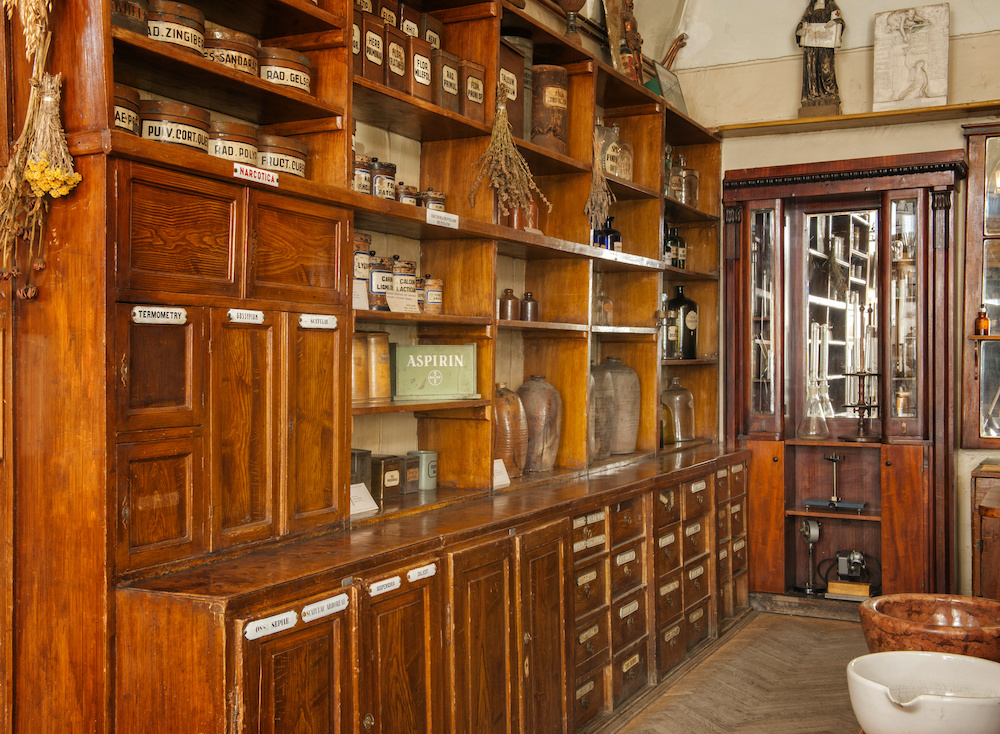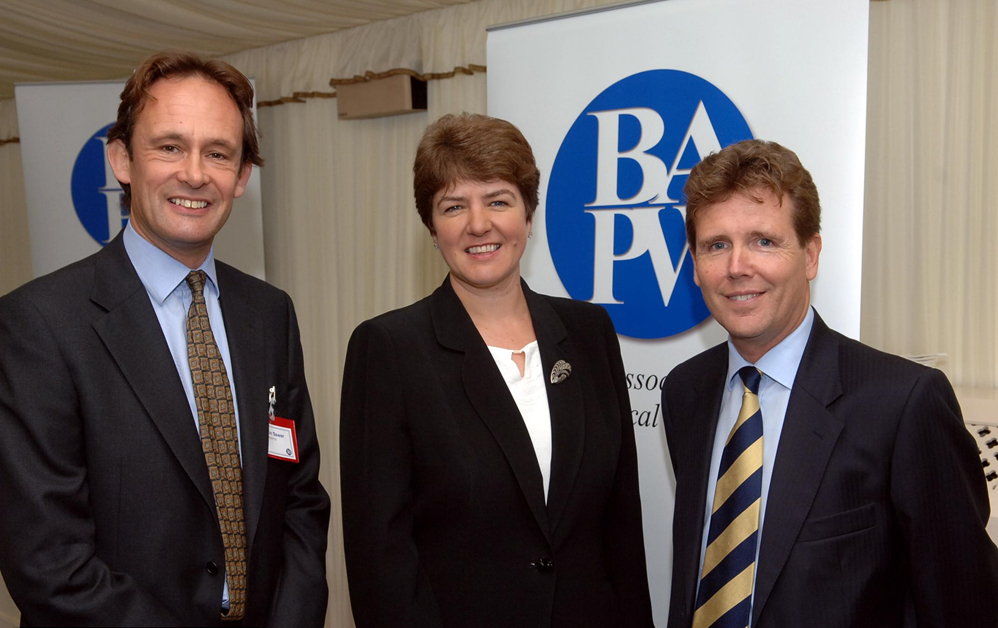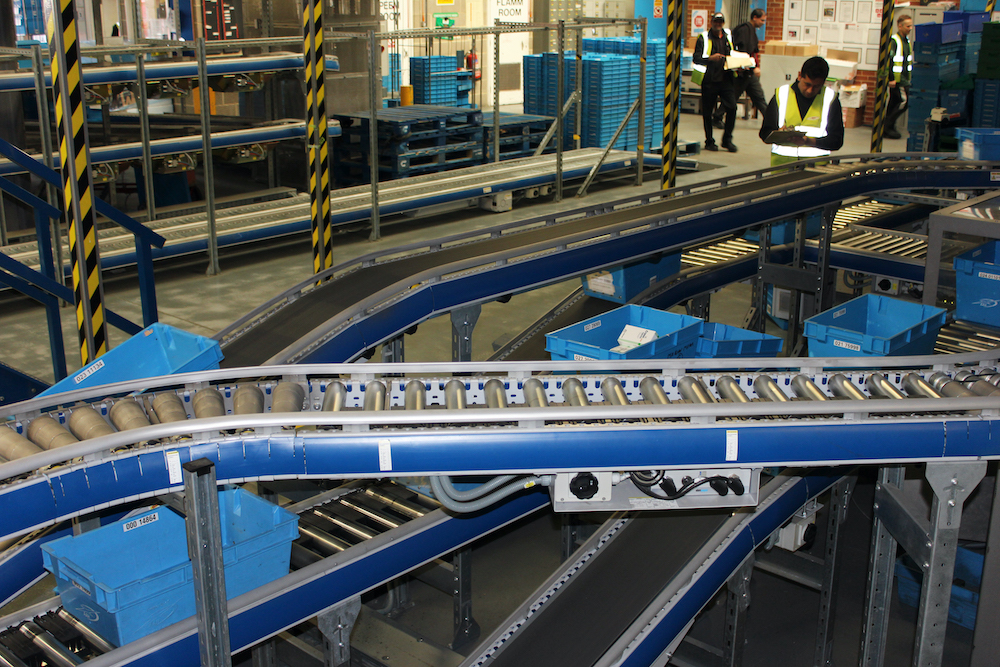Our History
The HDA can directly trace its origins all the way back to the London Wholesale Drug and Chemical Protection Society, established in 1867. This group was largely comprised of multiple chemists, and subsequently broadened into The Drug Club in 1891. This forerunner organisation of both the Association of the British Pharmaceutical Industry (ABPI) and the HDA, governed relations with raw drug suppliers and brokers. We can see how both Associations have common and overlapping origins and roots, reflected even today in the HDA’s thriving Associate Membership, many of whom are also ABPI and BGMA members.
The inter-war years represented a period of consolidation and international collaboration to ensure a viable pharmaceutical industry was established, and by 1939, Britain could be said to have a pharmaceutical industry. Senior managers regularly met on specialist committees of the Chamber of Commerce, or in the former Drug Club, which since 1930 had been renamed the Wholesale Drug Trade Association.
In 1948 the Wholesale Drug Trade Association was renamed the Association of the British Pharmaceutical Industry (ABPI), to reflect the new post-war world of the National Health Service and to signify the pharmaceutical manufacturing industry’s growing cohesion.
Equally far-reaching developments were taking place in pharmaceutical wholesaling and distribution. Now that chemists were dispensing a greater volume of prescriptions, they demanded more frequent deliveries of medicines. A further impetus to reorganisation among distributors was provided by successive official steps to free up competition. In 1956, the government outlawed restrictive trade practices, and eight years later abolished individual resale price maintenance.
In parallel with these developments, regional trade associations of wholesalers and distributors had formed. These amalgamated in 1966 to become the National Association of Pharmaceutical Distributors (NAPD) and subsequently, from 1991, the British Association of Pharmaceutical Wholesalers, or BAPW, which brings us up to 2016.
Pharmaceutical Wholesaling and Distribution Today
Pharmaceutical distributors and wholesalers distribute prescribed medicine, medical supplies and other medical products to both primary and secondary care markets. As such, they play an integral role in the UK pharmaceutical and allied healthcare supply chains.
The past few years have signified a period of change in the industry, with industry participants contending with an array of competing variables. One of the key developments re-shaping the industry in the UK has been the move away from the traditional wholesale model. A significant number of upstream brand manufacturers have adopted new distribution models that involve a limited number of wholesalers and distributors in the distribution of their medicines.
Such moves to rationalise the use of wholesalers and distributors represents one of the most fundamental changes to the industry over the past two decades, with medicines wholesalers and distributors being forced to adapt to the changing marketplace. A number of businesses are now adopting new business models while others are extending their product portfolios to diversify away from their traditional product base.

Old apothecary

BAPW House of Commons Reception, 2005 - From left to right: Martin Sawer - BAPW Executive Director, Jane Kennedy MP - Minister of State for Health, David Coles - BAPW Chairman

HDA member company warehouse

HDA UK Launch Reception, Houses of Parliament, 2016 - From left to right: Martin Sawer - HDA Executive Director, Kevin Barron MP - All Party Pharmacy Group Chair, Steve Anderson - HDA Chairman

